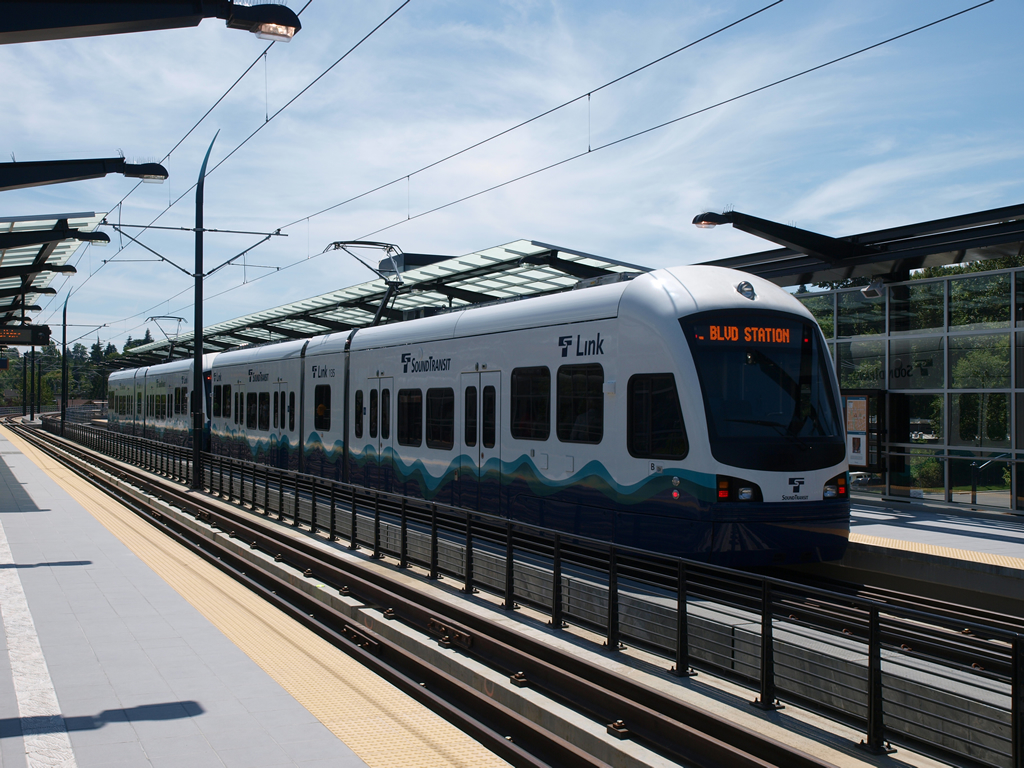In response to media inquiries about the impacts that Tim Eyman’s latest self-serving, transit sabotaging statewide initiative would have on its voter-approved light rail, express bus, commuter rail, and bus rapid transit projects, Sound Transit today released a statement estimating that the measure, if implemented, would wipe out nearly $7 billion in voter-approved revenue through 2041.
But that wouldn’t be the extent of the damage. Since Sound Transit regularly borrows money to finance the projects voters have authorized it to build, there would be additional costs. The motor vehicle excise tax revenue the agency collects under ST3 is pledged to bonds, which I‑976 attempts to forcibly defease.
And, of course, that’s not all. Sound Transit’s reputation with investors could be seriously harmed. The agency’s carefully earned, sterling credit rating might take a big hit if I‑976 is implemented, jeopardizing even more of its projects.
Here’s the full statement from Sound Transit provided to the Northwest Progressive Institute, KING5, and other media outlets regarding I‑976:
If enacted and enforced, the measure would eliminate a projected $6.95 billion in Sound Transit MVET revenues forecasted through 2041.
However, the scope of the financial impact would be much greater than that. The initiative contains provisions that, if enforced, seek to mandate Sound Transit change the use of local taxes from funding voter-approved transit projects and services to the retirement of previously issued bond debt and TIFIA loans up to forty years earlier than required in the bond and loan agreements.
Sound Transit is analyzing the scope of the further reduction in the agency’s funding sources and financial capacity that would result from diverting tax revenues to retiring debt early, as well as from reduced borrowing available under a lower tax revenue base and from having to pay higher interest rates.
If enacted, the initiative would divert a significant amount of tax revenues away from implementing voter-approved transit projects.
These projects include building out a one hundred and sixteen mile light rail system that reaches Tacoma, Everett, downtown Redmond, West Seattle, Ballard, South Kirkland, and Issaquah; establishing bus rapid transit along the north, east, and south sides of Lake Washington; and expanding Sounder commuter rail service.
The projects cannot be built as planned without the revenue and financial capacity provided by the motor vehicle tax.
As a public agency, Sound Transit cannot and will not take a position on Tim Eyman’s I‑976. However, Sound Transit does have an obligation to the people it serves to respond to requests for information about legislation or potential ballot measures that could impact its work, which is exactly what it is doing here.
NPI urges all Washingtonians who value freedom of mobility to join the coalition that is coming together in opposition to Tim Eyman’s destructive I‑976. Individuals and organizations may formally join the coalition by submitting this form.


I’ll be voting NO!